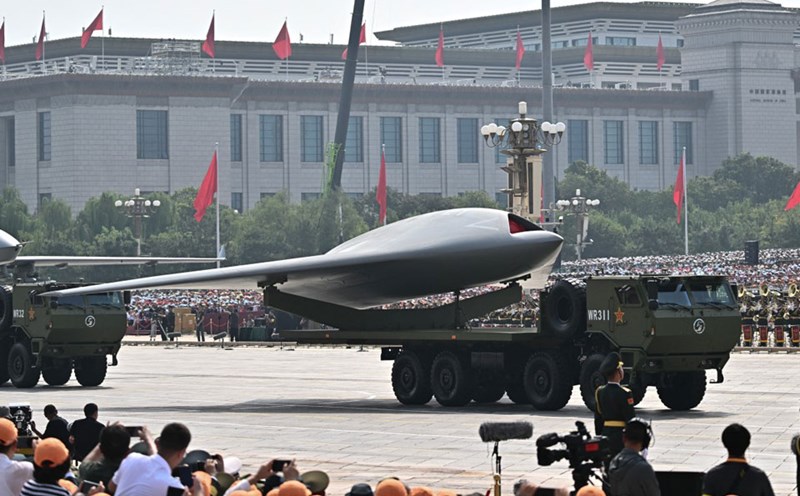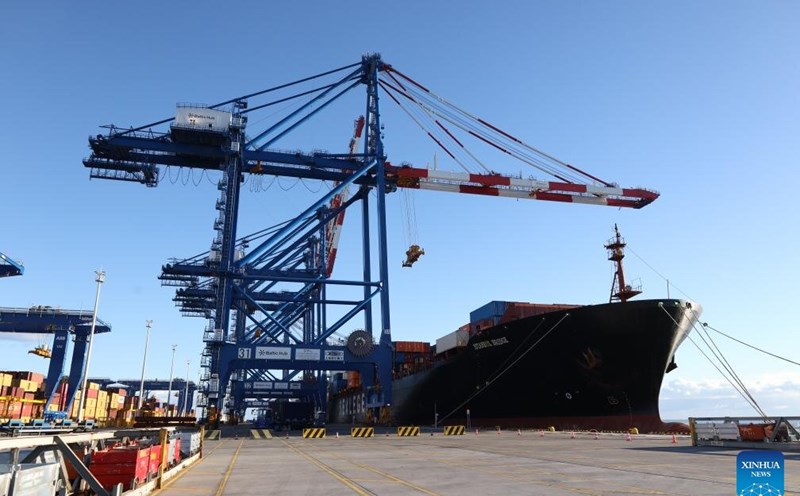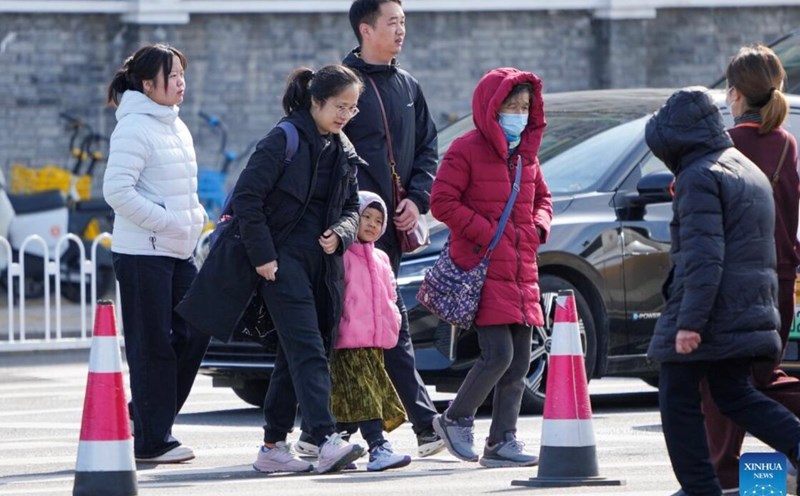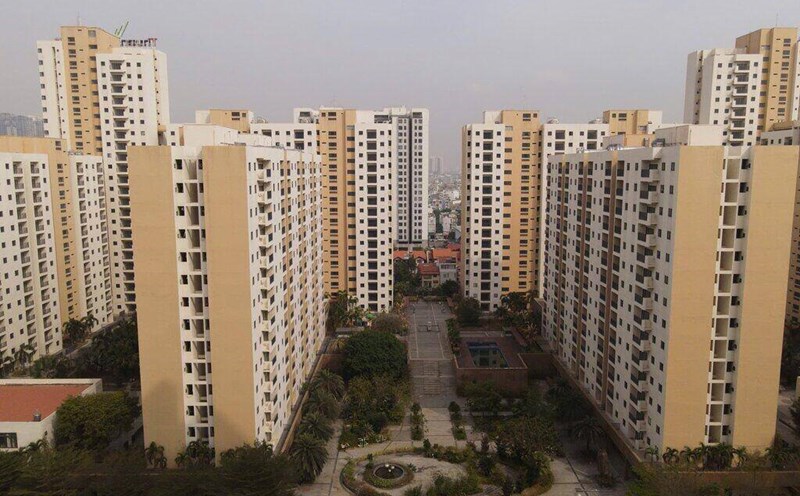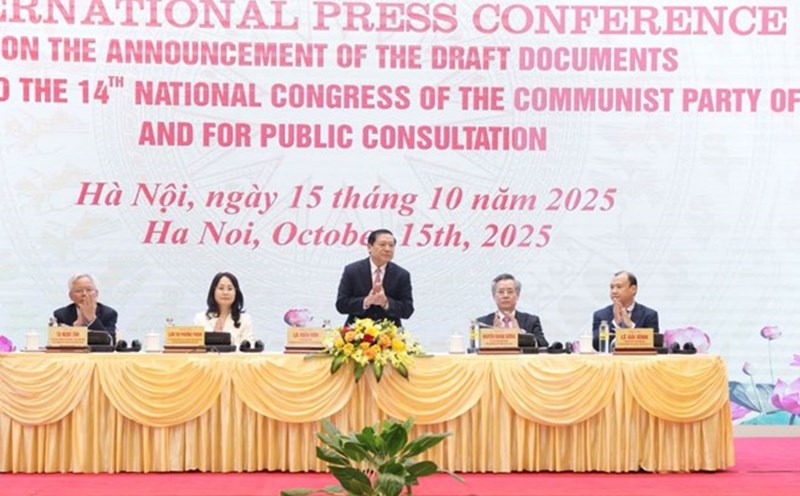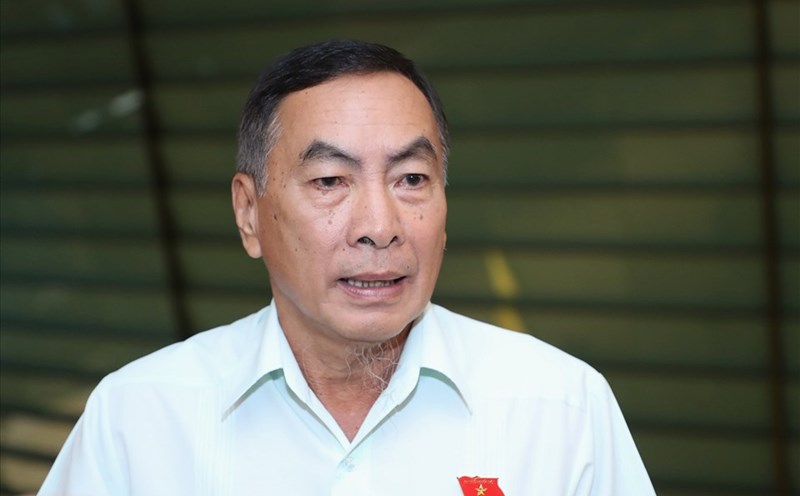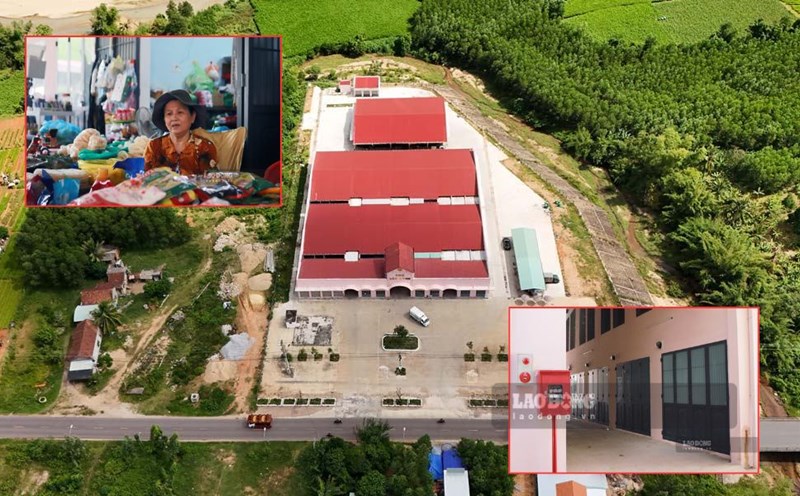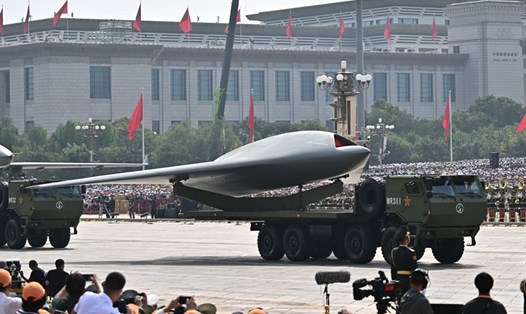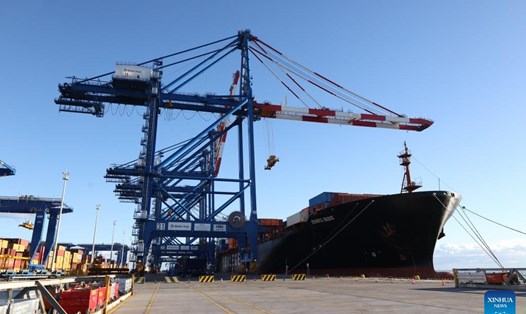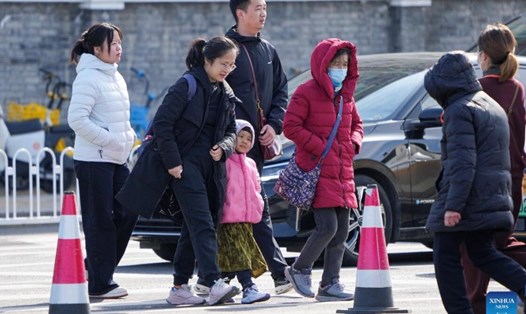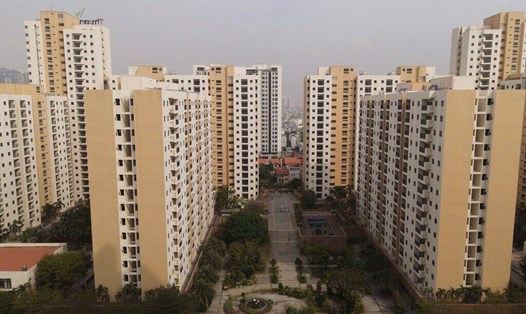New housing prices in China have fallen at the fastest pace in 11 months, raising concerns about the prolonged stagnation of the real estate sector and the negative impact on overall economic growth.
According to data from the National Statistical Office of China, new house prices in September fell 0.4% compared to the previous month, after a 0.3% decrease in August. On a year-on-year basis, prices fell 2.2% in September, down from the 2.5% decline recorded in the previous month.
Of the 70 cities surveyed, 63 cities recorded monthly housing price reductions, and 61 cities recorded annual reductions. Housing prices in the secondary market also plummeted: down 3.2% in first-class cities, 5% in second-class cities and 5.7% in third-class cities. Other data shows that the pace of decline in investment and real estate sales from January to September is increasing rapidly.
Hannah Liu, an economist at Nomura, said that the continued decline in housing prices, especially in big cities, will make people feel poorer and spend less. She said that taking measures to stabilize or slightly increase housing prices in these areas could help stimulate consumption.
Mr. Zhang Dawei, chief analyst at Centaline Property Agency, predicted that real estate trading volume this year could decrease by about 10%. He said support measures such as lowering home loan interest rates and expanding personal income tax deductions could be implemented in the fourth quarter to restore buyer confidence.
The prolonged weakness since 2021, with a series of contractors going bankrupt and many pre-selling projects stalled, has caused consumer psychology to decline. Although the government has repeatedly committed to stabilizing the market by cutting mortgage rates and promoting the renovation of old residential areas, the effectiveness is still unclear.
According to Nomura analysts, the Chinese government needs to seriously consider the consequences of the real estate crisis in the development plan for the 2026 - 2030 period. Morningstar analyst Jeff Zhang said that Chinese leaders will continue to prioritize market stabilization, while encouraging localities to apply stimulus policies such as home subsidies and tax cuts.

